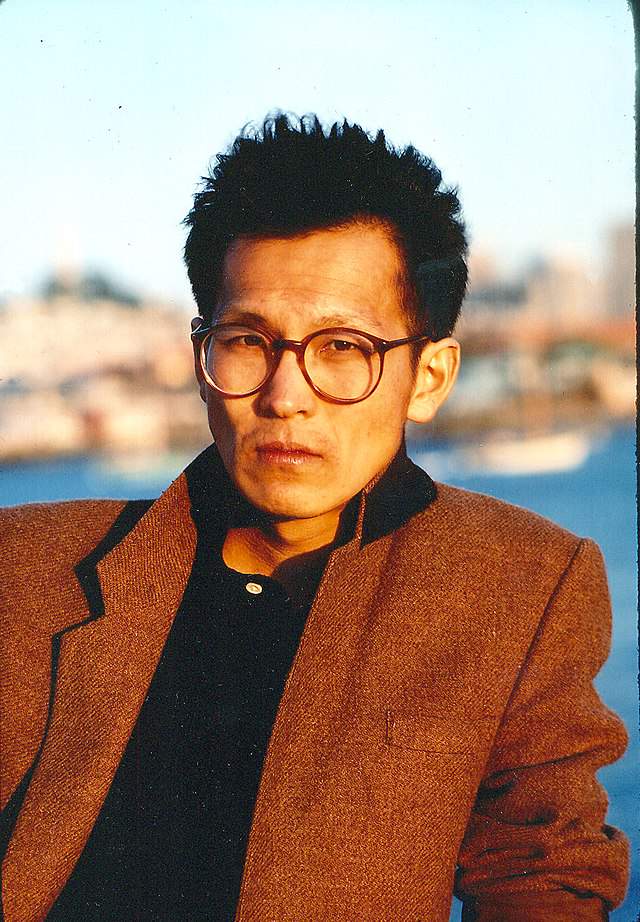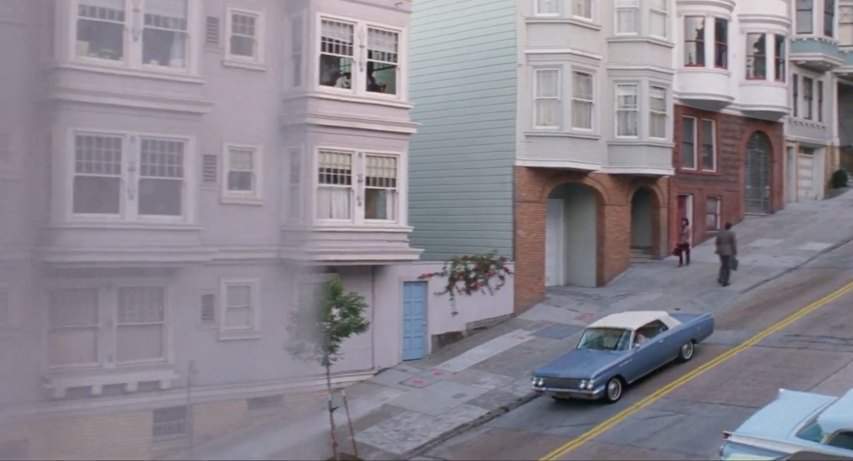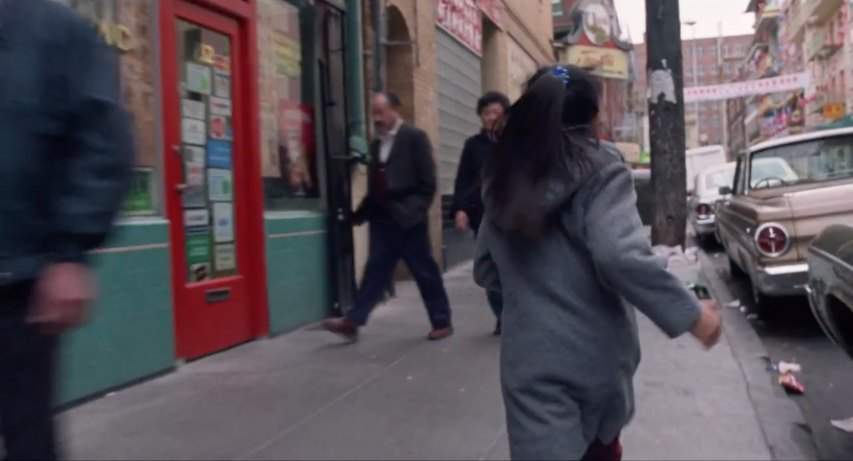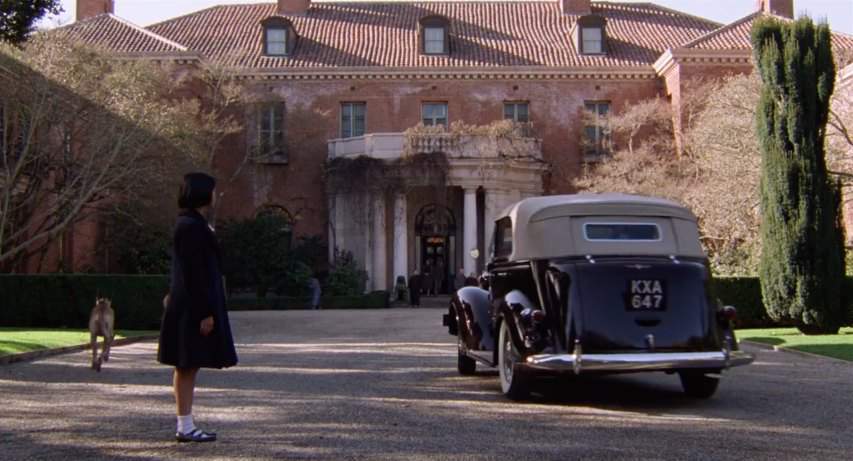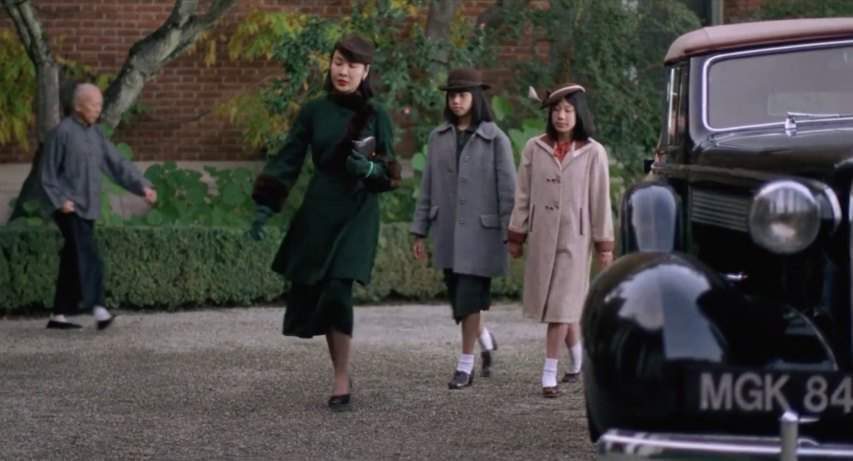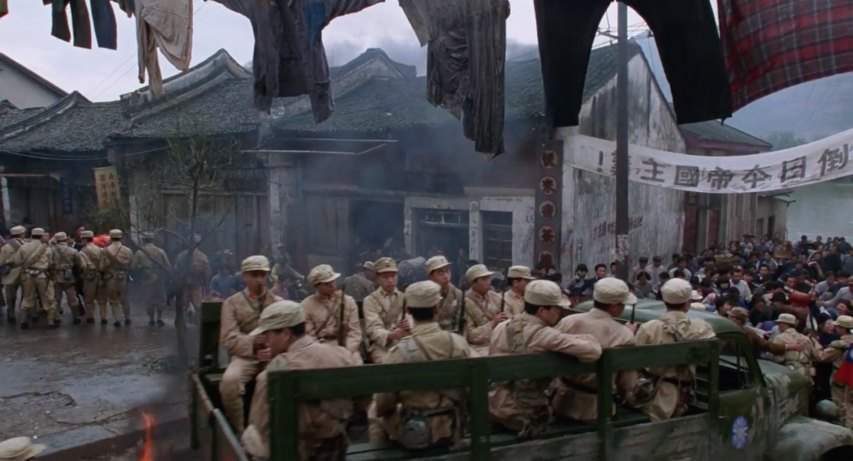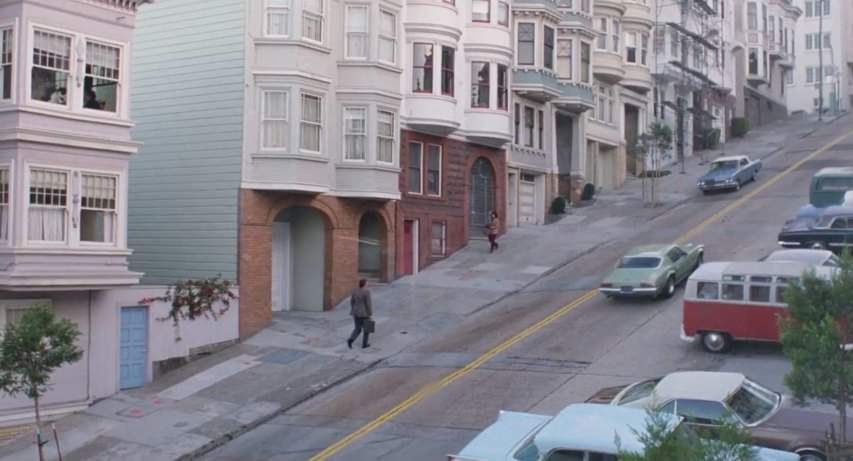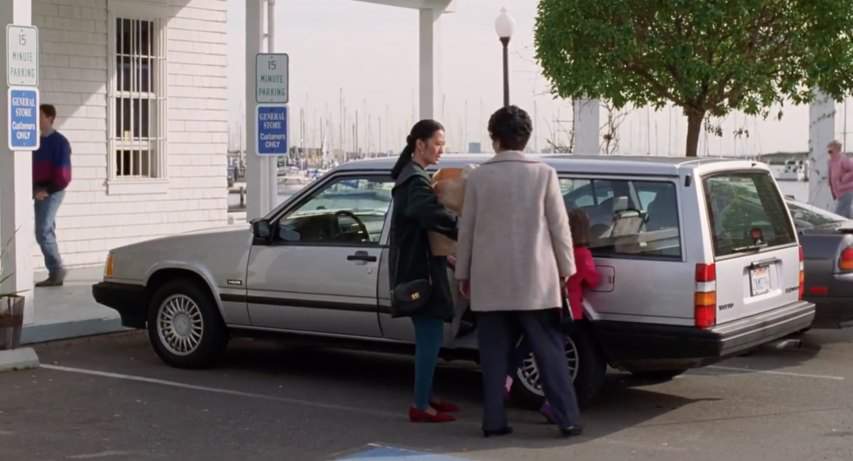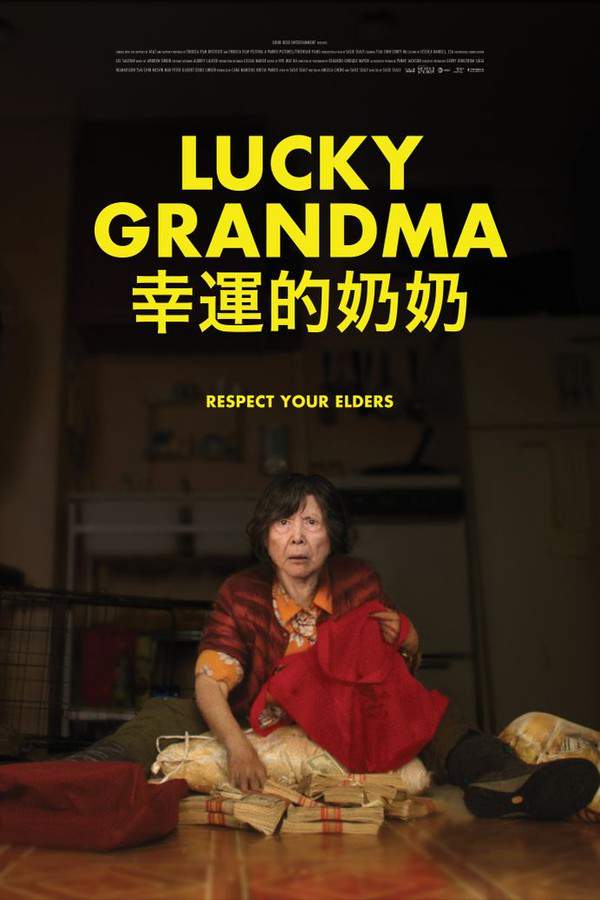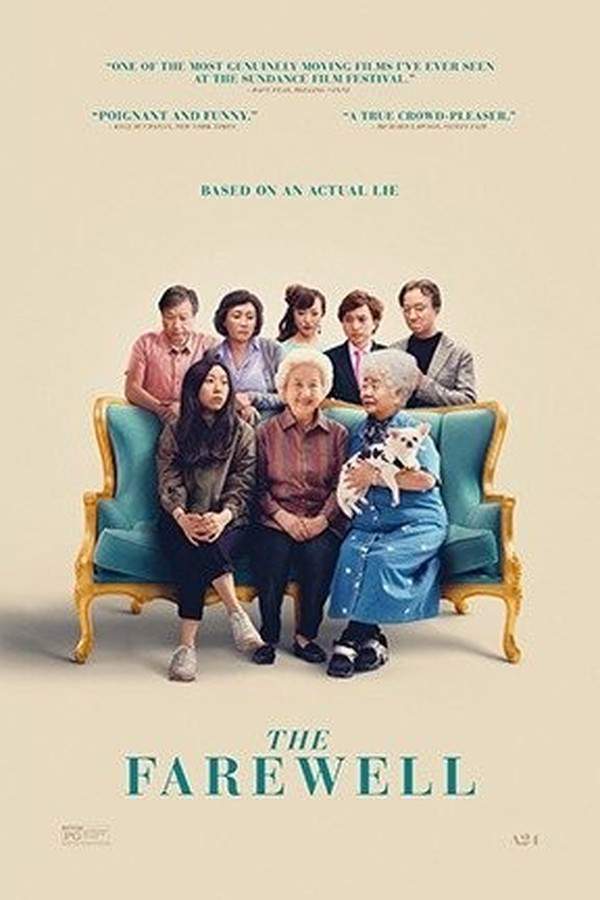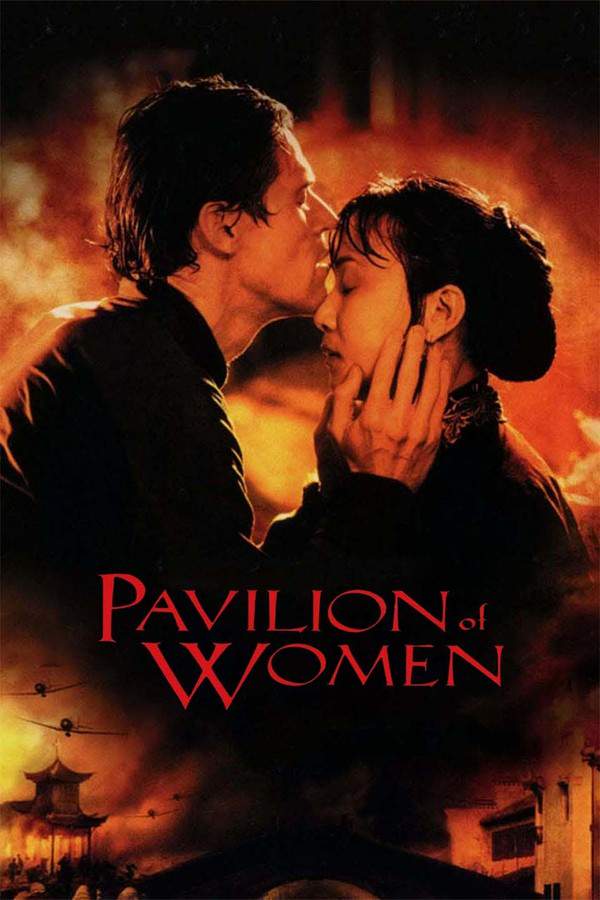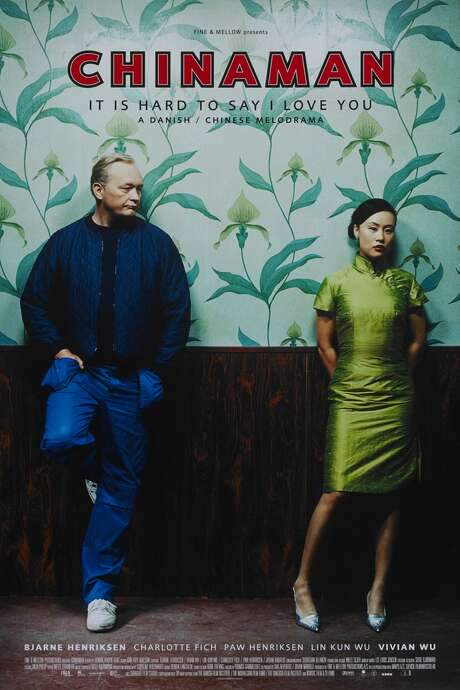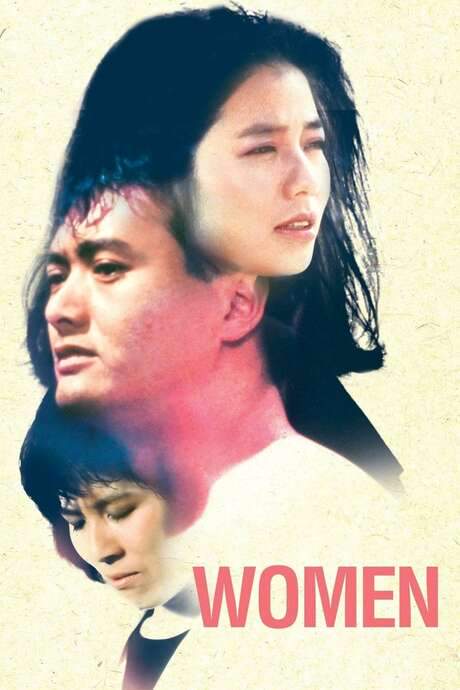The Joy Luck Club 1993
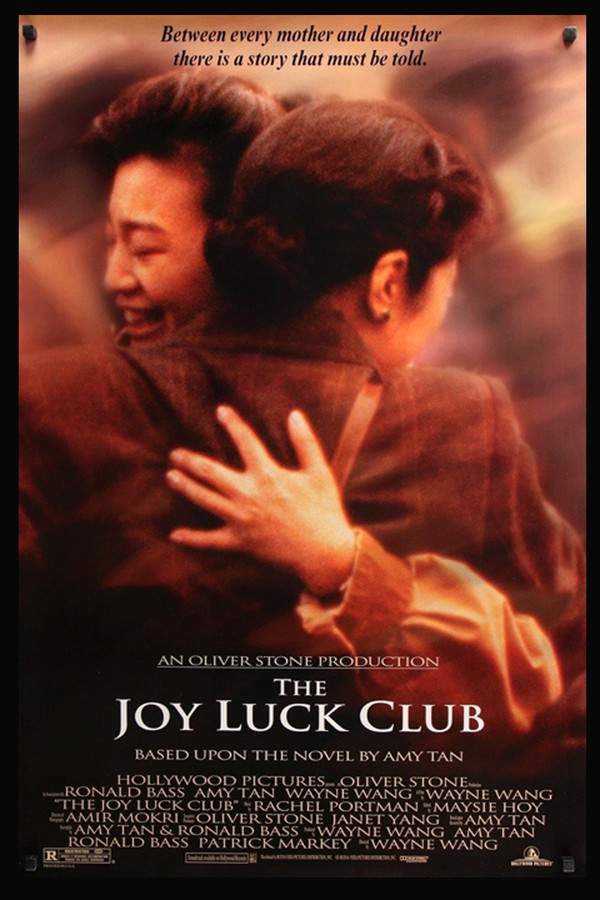
In San Francisco's Chinatown, a group of Chinese matriarchs gather to reminisce about their lives over Mahjong games. The story explores the complicated relationships between these women and their American-born daughters, revealing a history of love, loss, and perseverance across generations and continents. It’s a poignant look at cultural differences, the immigrant experience, and the enduring power of mother-daughter bonds as they search for understanding and identity.
Does The Joy Luck Club have end credit scenes?
No!
The Joy Luck Club does not have end credit scenes. You can leave when the credits roll.
Meet the Full Cast and Actors of The Joy Luck Club
Explore the complete cast of The Joy Luck Club, including both lead and supporting actors. Learn who plays each character, discover their past roles and achievements, and find out what makes this ensemble cast stand out in the world of film and television.
External Links and Streaming Options
Discover where to watch The Joy Luck Club online, including streaming platforms, rental options, and official sources. Compare reviews, ratings, and in-depth movie information across sites like IMDb, TMDb, Wikipedia or Rotten Tomatoes.
Ratings and Reviews for The Joy Luck Club
See how The Joy Luck Club is rated across major platforms like IMDb, Metacritic, and TMDb. Compare audience scores and critic reviews to understand where The Joy Luck Club stands among top-rated movies in its genre.

84
Metascore
7.5
User Score


%
TOMATOMETER

0%
User Score

7.7 /10
IMDb Rating
Take the Ultimate The Joy Luck Club Movie Quiz
Challenge your knowledge of The Joy Luck Club with this fun and interactive movie quiz. Test yourself on key plot points, iconic characters, hidden details, and memorable moments to see how well you really know the film.
The Joy Luck Club Quiz: Test your knowledge about the cultural dynamics and relationships explored in 'The Joy Luck Club'.
What is the primary setting of 'The Joy Luck Club'?
New York
San Francisco
Los Angeles
Chicago
Show hint
Awards & Nominations for The Joy Luck Club
Discover all the awards and nominations received by The Joy Luck Club, from Oscars to film festival honors. Learn how The Joy Luck Club and its cast and crew have been recognized by critics and the industry alike.
48th British Academy Film Awards 1995
Best Adapted Screenplay
Full Plot Summary and Ending Explained for The Joy Luck Club
Read the complete plot summary of The Joy Luck Club, including all major events, twists, and the full ending explained in detail. Explore key characters, themes, hidden meanings, and everything you need to understand the story from beginning to end.
The film opens with a poignant narrative from June, highlighting the symbolism of a swan feather during the opening credits, leading into a heartfelt farewell party in San Francisco. This event celebrates June’s imminent reunion with her long-lost twin sisters in China. Among the attendees are members of The Joy Luck Club, their daughters, and various relatives and friends. The stories unfold as characters share their life journeys, reflecting on their pasts.
Formed by four remarkable women—Lindo Jong (played by Tsai Chin), Ying-Ying St. Clair (France Nuyen), An-Mei Hsu (Lisa Lu), and Suyuan Woo (Kieu Chinh)—The Joy Luck Club has been a cornerstone for these women in San Francisco. Over the years, they have gathered to play mahjong and share their stories, having immigrated from China and built new lives in America. After the death of Suyuan, her daughter June (Ming-Na Wen) takes her place in the group, carrying the weight of her mother’s expectations. The film emphasizes the complex dynamics between the mothers and their daughters, illustrating the struggles faced by the daughters as they navigate anxiety and feelings of inadequacy.
In a gripping backstory, young Lindo (Ying Wu) faces an arranged marriage to Tyan Hu, a boy uninterested in their union. As she endures a childless and abusive marriage, she cleverly orchestrates her escape, ultimately moving to Shanghai. Fast forward to America, Lindo now has a son and a daughter named Waverly (Tamlyn Tomita), who becomes a chess champion by the age of nine. The relationship between Lindo and Waverly is fraught with tension, as each woman grapples with expectations and identity. After experiencing a tumultuous relationship with Rich (Christopher Rich), Waverly finds reconciliation with her mother, showcasing layers of familial bond.
Ying-Ying’s backstory reveals her sorrowful marriage to Lin-Xiao, which leads to trauma and the loss of her child. Her daughter Lena (Lauren Tom) grapples with her own marriage, feeling invisible and resentful beneath her husband Harold (Michael Paul Chan). Airing their grievances leads to Lena’s empowerment, inspired by Ying-Ying’s struggles, helping her reclaim her voice.
An-Mei’s story is one steeped in tragedy, marked by betrayal and loss, as she navigates her feelings regarding her mother and her own marriage with Ted Jordan (Andrew McCarthy). The narrative deepens as An-Mei implores Rose to stand firm against Ted’s infidelities, evolving into a stronger woman who embraces her identity.
The narrative culminates in early World War II as Suyuan flees the Japanese invasion with her twin daughters. In a heartbreaking moment, she abandons them in a tree while seeking refuge, leaving behind a note for their future. Her story is intertwined with June’s journey of understanding herself and her heritage. The tension between June and her deceased mother ultimately resolves during her transformative journey to China to meet her sisters, where she makes peace with her past and embraces her Chinese culture, demonstrating the profound bond of motherhood and the enduring impact of the past on the present.
Uncover the Details: Timeline, Characters, Themes, and Beyond!

Coming soon on iOS and Android
The Plot Explained Mobile App
From blockbusters to hidden gems — dive into movie stories anytime, anywhere. Save your favorites, discover plots faster, and never miss a twist again.
Sign up to be the first to know when we launch. Your email stays private — always.
Watch Trailers, Clips & Behind-the-Scenes for The Joy Luck Club
Watch official trailers, exclusive clips, cast interviews, and behind-the-scenes footage from The Joy Luck Club. Dive deeper into the making of the film, its standout moments, and key production insights.
Cars Featured in The Joy Luck Club
Explore all cars featured in The Joy Luck Club, including their makes, models, scenes they appear in, and their significance to the plot. A must-read for car enthusiasts and movie buffs alike.
The Joy Luck Club Themes and Keywords
Discover the central themes, ideas, and keywords that define the movie’s story, tone, and message. Analyze the film’s deeper meanings, genre influences, and recurring concepts.
The Joy Luck Club Other Names and Titles
Explore the various alternative titles, translations, and other names used for The Joy Luck Club across different regions and languages. Understand how the film is marketed and recognized worldwide.
Similar Movies To The Joy Luck Club You Should Know About
Browse a curated list of movies similar in genre, tone, characters, or story structure. Discover new titles like the one you're watching, perfect for fans of related plots, vibes, or cinematic styles.
Quick Links: Summary, Cast, Ratings, More

What's After the Movie?
Not sure whether to stay after the credits? Find out!
Explore Our Movie Platform
New Movie Releases (2025)
Famous Movie Actors
Top Film Production Studios
Movie Plot Summaries & Endings
Major Movie Awards & Winners
Best Concert Films & Music Documentaries
Movie Collections and Curated Lists
© 2025 What's After the Movie. All rights reserved.


